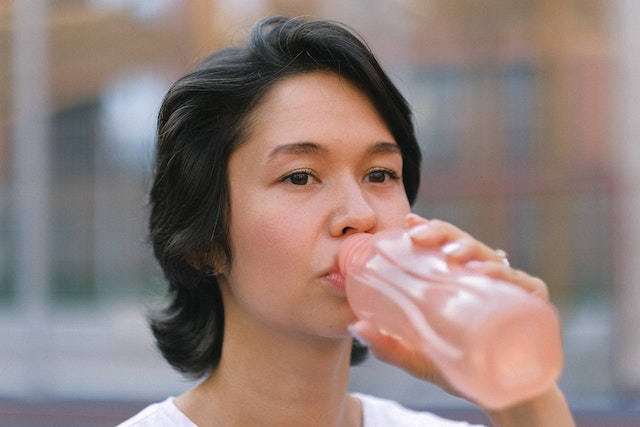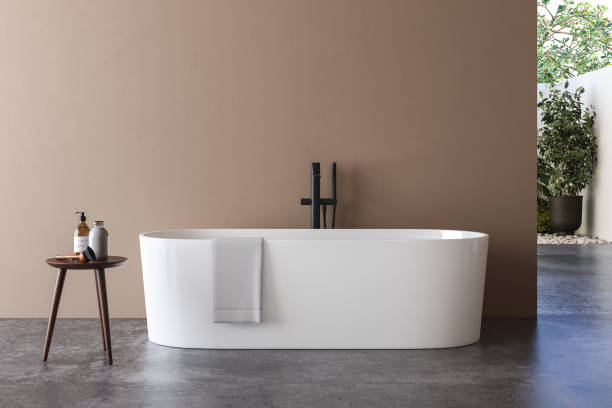Water is essential for life. It carries nutrients from plants and animals, filters waste from the body, and lubricates joints and machinery. In other words, it’s a key ingredient in keeping everything running smoothly inside your body as well as outside. But how much water should you drink in a day? That’s something you may not have considered before. After all, most of us take for granted the fact that we’re usually able to get water whenever we want it.
For example, if we step outside into the hot summers, there’s always water waiting for us to quench our thirst at the spigot or faucet that we pass by almost every day. However…that isn’t true of everyone all the time. In some places around the world, access to clean drinking water can be limited to say nothing of people who live in those areas year-round.
The good news is that there are many things you can do on a small scale after all, that’s easier than changing your habits on a large one! to help keep yourself hydrated without breaking the bank either.
How Much Water Should You Drink Each Day?
So how much water should you drink each day? The short answer is: approximately two liters of water or around six to eight eight-ounce glasses—per day. But why? And how can you make sure it’s a reality? These are the water needs of an adult human being. While you may not be a “complete” adult human being, chances are good that you fall in this range of age.
If you’re a child, the amount of water you need will be slightly less. Additionally, you’re likely to get more out of water if you choose the right type to drink. You may have heard that the best kind of water is naturally filtered water, alkaline water, or “artificial” water. While you may get some benefits from these types of water, you’ll likely get most from water that is rich in minerals and naturally filtered—such as filtered water.
Choose The Right Water Bottle
If you’re like most people, you don’t drink enough water. And you probably don’t drink it from a bottle. The best water bottles are glass and stainless steel, which have zero impact on the environment. Plastic water bottles have many downsides, from being a health risk to contaminating the drinking water.
They also take up a lot of space in landfills. Plastic water bottles are the second most common type of waste found in landfills, and nearly 90% of plastic water bottles end up in landfills. What’s more, most plastic water bottles take hundreds of years to decompose, a lifetime in landfills.
Add Humidity And Salt To Your Water
Adding a pinch of salt to your water may sound a little odd, but it makes a huge difference. Salt is an essential mineral that helps your body retain water by osmosis; it also enhances the flavour of your water. If you want to add humidity to your water, try soaking a paper towel in water and placing it in a glass.
Or, try placing a wet paper towel in a glass of water. Salt and humidity are two elements that help your body retain water, so adding either to your water will help you drink more. And both work well for those who have access to them without needing to be expensive. You don’t need to be rich to get these benefits.
All you need to do is add a pinch of salt or a drop of water to your water bottle. And if you don’t have access to humidity, try adding a pinch of salt to a bowl of water.
Why Is It So Important To Stay Hydrated?
Humans are thought to have evolved to drink water instead of other beverages because we get most of our water needs from this source. In fact, depending on your age, sex, and physical activity, you may need to drink up to two liters of water a day to maintain good health. This can be especially important for those who lead active lifestyles.
If you don’t drink enough water, you may experience a number of health problems, including fatigue, Musclesblaze cramps, headaches, dizziness, constipation, and even kidney stones to name a few. It’s also important to drink water regularly to prevent dehydration, since your body needs water to function properly. Dehydration can be a serious health risk, especially in hot or dry climates. Consuming too few fluids can lead to headache, fatigue, dizziness, loss of concentration, and even seizures.
Signs That You’re Not Getting Enough Water
– You feel thirsty all the time, but you’re not able to drink more water without becoming thirsty again.
– You stop making progress with your weight loss goals.
– You develop bad habits such as smoking and drinking too much alcohol.
– Your skin becomes dry and begins to peel.
– You begin to feel that your muscles blaze are stiffer than normal.
Summary
Drinking water is essential to staying hydrated and maintaining good health. But not all water is created equal. To get the most benefit from water, you should drink water that is rich in minerals and naturally filtered. If you’re not properly hydrated, you may experience fatigue, muscle cramps, headaches, dizziness, constipation, and even kidney stones.
The best way to stay properly hydrated is to drink plenty of water. The best way to choose a water bottle is to look for one that is glass or stainless steel, has no plastic components, and doesn not have any markings. When adding salt or sugar to your water, use a pinch or a drop and not a tablespoon. Not only are these additives unnecessary, but they also take away from the benefits of water.











Wonderful post! We will be linking to this great article on our site. Keep up the great writing
Superb post however I was wanting to know if you could write a litte more on this topic? I’d be very grateful if you could elaborate a little bit more.
As I website owner I believe the content material here is really good appreciate it for your efforts.
This post post made me think. I will write something about this on my blog. Have a nice day!!
Comments are closed.